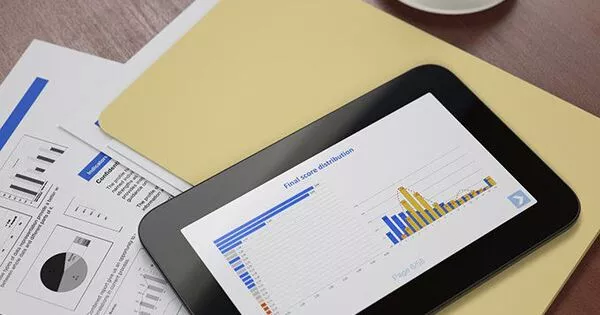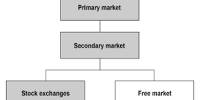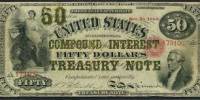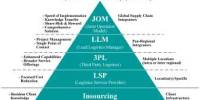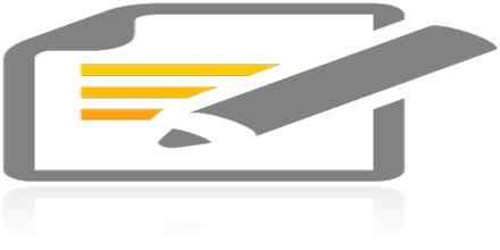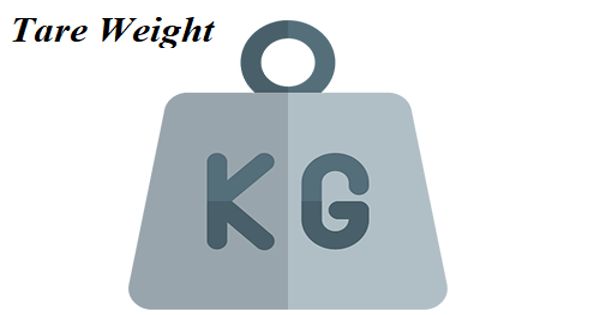A credit default option (also known as a credit default swap option or a credit default swaption) is a financial contract between two parties in which the buyer of the option has the right, but not the obligation, to buy or sell a credit default swap (CDS) at a predetermined price and time. A default option, credit default swaption, or credit default option in finance is an option to buy (payer option) or sell (receiver option) protection as a credit default swap on a specific reference credit with a specific maturity. The option is typically European, exercisable only once in the future at a specific strike price defined as a credit default swap coupon.
A CDS is a financial instrument that allows investors to protect themselves against the risk of default on a debt instrument such as a bond. The CDS buyer pays a premium to the CDS seller, who agrees to pay the buyer a specified amount in the event of a default by the bond issuer.
A credit default option is a way for investors to hedge their exposure to credit risk or speculate on the direction of credit markets. For example, an investor who owns a portfolio of bonds issued by a particular company may buy a credit default option to protect themselves against the risk of default by that company. Alternatively, an investor may buy a credit default option as a way to profit if they believe that the credit quality of a particular company is likely to deteriorate.
Credit default options on single credits are extinguished upon default, leaving the buyer of the option with no cashflows other than the upfront premium paid. As a result, purchasing a payer option provides no protection against an actual default, only against an increase in the credit spread. This could explain why such options are so scarce. They may also have quite high implied volatilities, as Damiano Brigo demonstrated (2005). When options on credit indices such as iTraxx and CDX are exercised, any defaulted entities are included in the intrinsic value of the option. This is sometimes expressed by stating that the options provide “front-end protection.”
The price of a credit default option is influenced by a variety of factors, including the creditworthiness of the underlying issuer, the time to expiration of the option, and market conditions such as interest rates and volatility. As with any financial instrument, there are risks associated with trading credit default options, and investors should carefully consider their investment objectives and risk tolerance before investing in these securities.
